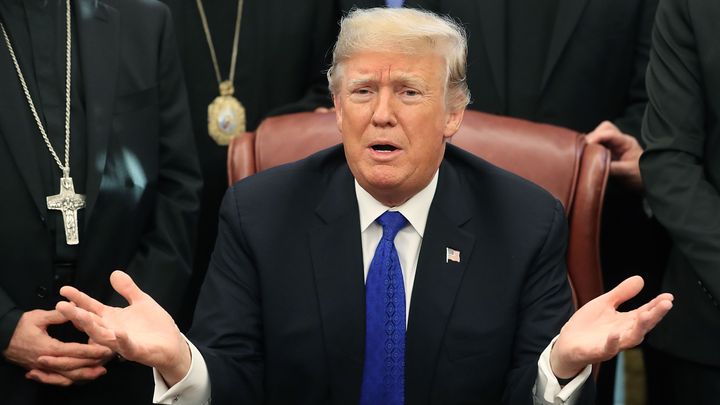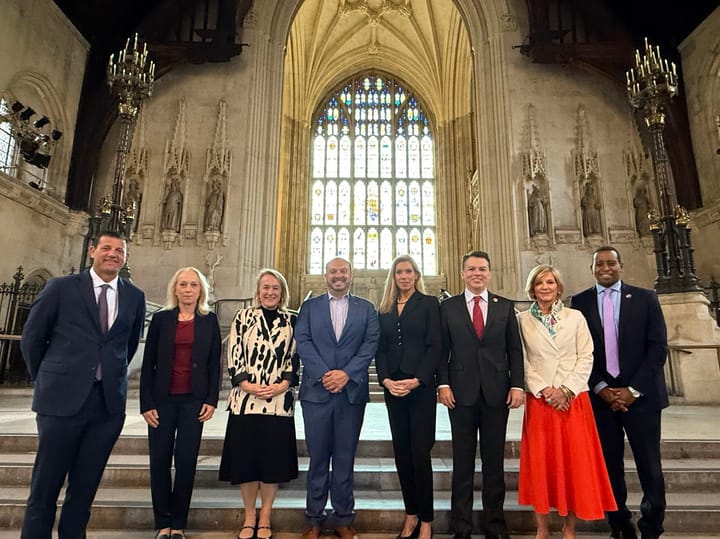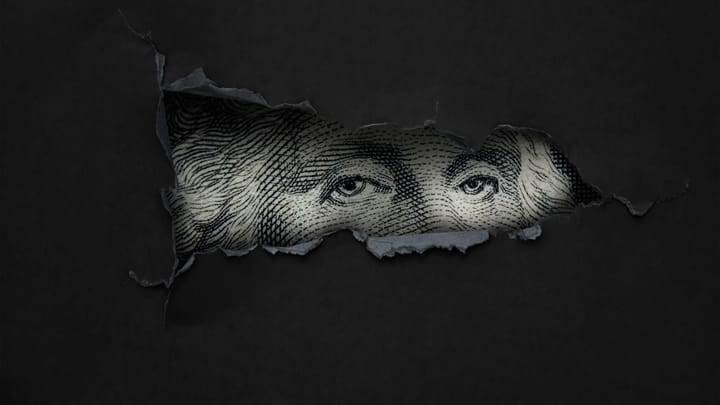In a rebuke of the Trump administration, the Senate approved a resolution on Wednesday to reverse a recent Treasury Department rule and restore the government’s ability to conduct oversight of dark money political groups and guard against foreign money in U.S. elections.
The resolution, from Democrats Jon Tester (Mont.) and Ron Wyden (Ore.), would overturn a Trump administration rule allowing dark money political groups to keep the identities of their major donors hidden, even from the government. Without information on donors, government agencies are powerless to monitor and enforce a restriction on contributions from foreign entities to groups that spend money on elections.
The final vote was 50-49, with all Democrats joined by Republican Sen. Susan Collins (Maine) in voting in favor.
Tester and Wyden forced the vote on overturning the rule by using Congressional Review Act (CRA) procedures, which allow senators to bypass committees and bring resolutions of disapproval to a vote within 60 days of an agency transmitting a new rule to Congress.
In order for the rule to be overturned, the House of Representatives would also have to use the CRA to vote against the rule, and then President Trump would have to sign a congressional resolution of disapproval into law or Congress would have to vote to override his veto.
Prior to the new Treasury Department rule, which will apply to 2018 tax filings, nonprofits that spent money on elections were required to report the names and addresses of donors giving over $5,000 to the Internal Revenue Service on their 990 Schedule B forms, but the IRS was required to redact that information before making the forms public. In July, the Treasury announced it would stop requiring these groups to identify their donors on forms they file with the IRS.
Watchdog groups have warned that removing the reporting requirement opens up U.S. elections to increased foreign influence.
“The only real protection we currently have against the use of 501(c)(4) [nonprofit] groups to launder foreign money into federal elections is that 501(c)(4) groups must disclose their donors, including foreign donors, to the IRS,” groups including Citizens for Responsibility and Ethics in Washington and Public Citizen wrote in a 2016 letter. “Eliminating the existing requirement for disclosure […] would open the door wide for secret, unaccountable money from foreign governments, foreign corporations and foreign individuals to be illegally laundered into federal elections.”
The rule change is meant to send a signal to potential political donors, according to Emily Peterson-Cassin of Public Citizen’s Bright Lines Project.
“This effort from Treasury is part of an ongoing campaign to signal to wealthy donors that campaign finance laws will not be enforced during this administration, so it’s a green light for secret spending, and even illegal foreign spending, in our elections,” Peterson-Cassin told Sludge. “The provision in the recent tax proposal from Chairman Brady that would gut the Johnson Amendment and effectively enable a tax deduction for election spending is part of the same pernicious effort to undermine our democracy.”
Many of the senators who voted against the resolution of disapproval have been the beneficiaries of spending by nonprofits that no longer have to report their donors to the IRS, thanks to the new rule. Sen. Marco Rubio (R-Fla.) benefited from $8.9 million in outside spending by nonprofit groups in his 2016 race against Democrat Patrick Murphy. And Senator Todd Young benefited from $7.9 million in outside spending by nonprofit groups in his 2016 race supporting him and opposing his Democratic opponent, Evan Bayh.
The groups spending the most dark money on the 2018 midterms were Majority Forward, a liberal group that spent nearly $46 million, the U.S. Chamber of Commerce, which spent $13.1 million boosting Republicans, and Charles Koch’s Americans for Prosperity, which spent nearly $9 million on the elections.
Related:



